"The political message behind denigrating Hungary and the critical tone against the European Commission is quite clear: the globalist-liberal side has officially launched its EP election campaign," Laszlo Dornfeld, senior analyst at the Center for Fundamental Rights, told Magyar Nemzet. As our newspaper reported, in a resolution adopted yesterday, MEPs expressed concern over the alleged backsliding on democracy, the rule of law and fundamental rights in Hungary, and criticized in particular the law on the protection of sovereignty adopted recently, comparing it to the law on foreign agents in Russia.
Globalist-Liberal Camp Kicks Off EP Election Campaign by Slamming Hungary
Funds for Hungary are unlikely to be jeopardized by the current fierce table-pounding.
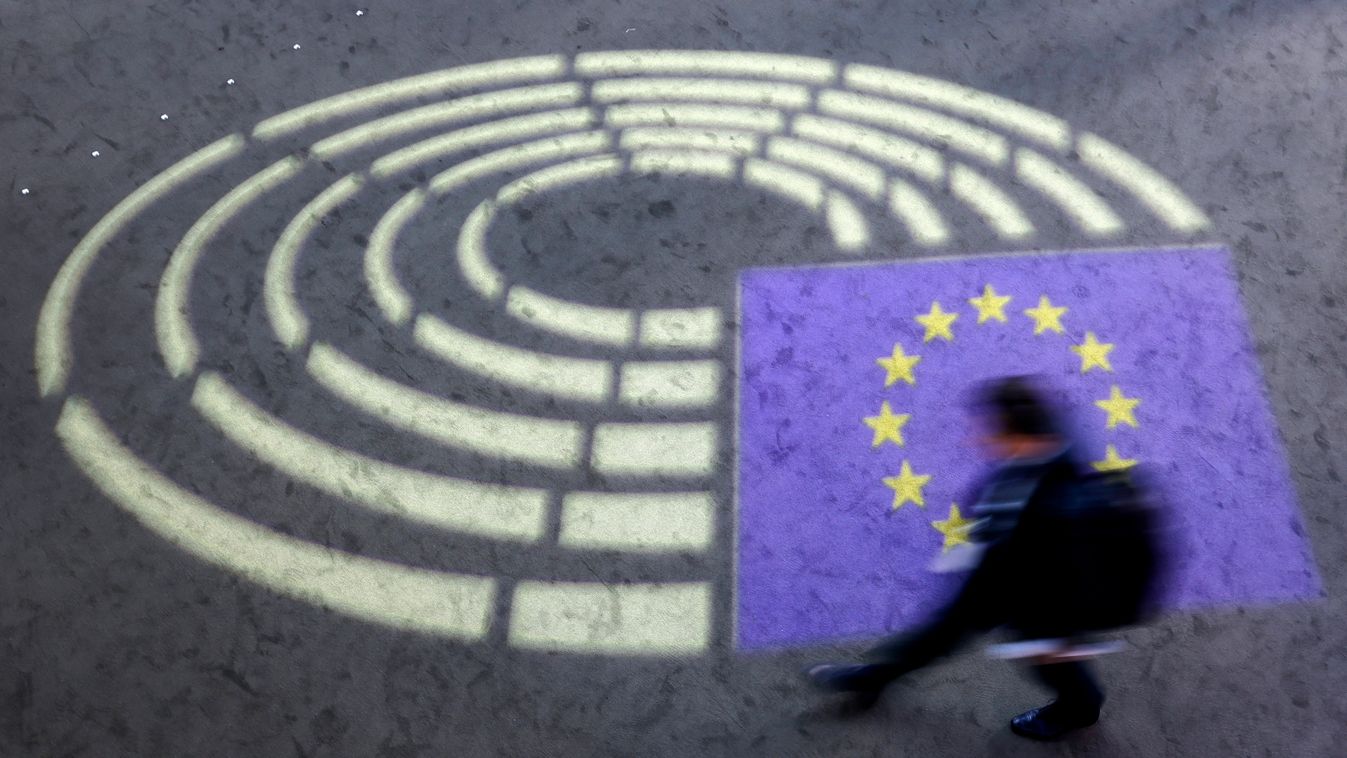
In the expert's view, MEPs in the European Parliament's leftist-liberal, far-left and center-left-EPP majority are now outbidding each other to prove their commitment to their cause and hope to make political gains from pillorying Hungary once again.
Although the EP now appears rather eager to fight, it is important to point out that the European Court of Justice is not exactly known for its swiftness. Thus a decision on the merits will most likely come after the elections, when a completely different European Parliament and Commission may be in place,
the analyst added.
The EU treaties provide EU institutions with the opportunity to file lawsuits against each other in two cases: if one institution abuses its powers or if it fails to make a decision, Laszlo Dornfeld explained. If the EP is really resolved to initiate a lawsuit, it can invoke the former. "There are not many examples of this type of procedure and it is rare that the CJEU has the final say in such cases," the expert noted, highlighting that
all of this is much more likely to be a political pressure exercise that affects Ursula von der Leyen particularly sensitively because she will probably run for president again this year, and she will need the trust of both the member states and the EP.
"The disbursement of funds already unlocked is unlikely to be jeopardized by the current fierce table-pounding," the senior analyst at the Center for Fundamental Rights pointed out. Even if the Commission is actually sued, bringing a decision will be a protracted process.
The current lashing out at Hungary is more about the election campaign and the fate of the 22 billion remaining frozen,
he underlined, noting that, in his view, the strong message is probably not addressed to Hungary but to Ursula von der Leyen in a bid to discipline her for having been lenient with Hungary – although all the requirements were fulfilled by the Hungarian government.
They are basically letting her know that there can be no question of releasing more money, or of further leniency towards Hungary, but that the already begun financial blackmail has to be continued.
According to the analyst, the reason why the EP is not threatening with their weapon of choice, the motion of censure, against the Commission is straightforward: elections are coming soon, rendering this tool now powerless.
Laszlo Dornfeld recalls that this is not the first time that the European Parliament has threatened to sue regarding Hungary. In 2021, they used this instrument because the Commission did not apply the conditionality procedure against Hungary, but left them waiting until days after the 2022 parliamentary elections.
Perhaps, it's no big surprise to hear me say: actual litigation never happened after all the heckling,
the expert concluded.
Cover photo. The European Parliament logo projected on the floor of the building in Strasbourg during the plenary session on January 16, 2024. The EP will be in session January 15-18, 2024 (Photo: MTI/EPA/Ronald Wittek)
Komment
Összesen 0 komment
A kommentek nem szerkesztett tartalmak, tartalmuk a szerzőjük álláspontját tükrözi. Mielőtt hozzászólna, kérjük, olvassa el a kommentszabályzatot.
A téma legfrissebb hírei
Tovább az összes cikkhez
PM Orban: If Tisza–Brussels–Big Capital Coalition Take Power, Families Will Pay the Price + Video
Hungary's Prime Minister delivers his 27th annual State of the Nation address.
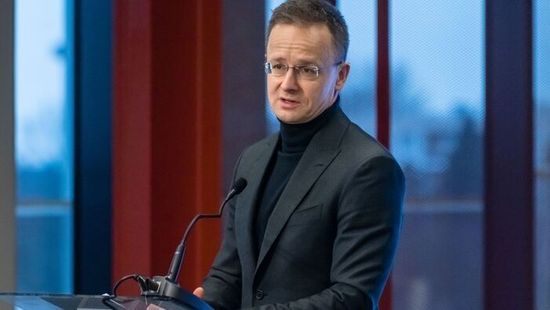
Hungary FM: Our Fuel Is Peace, Love, and the Will to Act + Video
The foreign minister personally greeted the artist from Pesterzsebet.

Balazs Orban: This Year’s Election Is a Matter of Life and Death
Voters must choose between Brussels' plan and Hungarian self-determination.
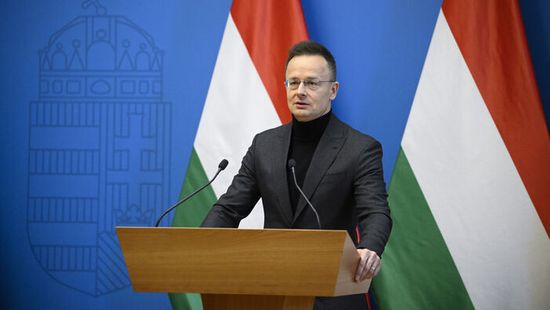
Hungary FM: Ukraine War Claims Yet Another Hungarian Victim
Another Hungarian from Transcarpathia has fallen in the war raging in Ukraine. The Hungarian government is providing every possible assistance to the victim's family.
Ne maradjon le a Magyar Nemzet legjobb írásairól, olvassa őket minden nap!
- Iratkozzon fel hírlevelünkre
- Csatlakozzon hozzánk Facebookon és Twitteren
- Kövesse csatornáinkat Instagrammon, Videán, YouTube-on és RSS-en

Címoldalról ajánljuk
Tovább az összes cikkhez
PM Orban: If Tisza–Brussels–Big Capital Coalition Take Power, Families Will Pay the Price + Video
Hungary's Prime Minister delivers his 27th annual State of the Nation address.

Hungary FM: Our Fuel Is Peace, Love, and the Will to Act + Video
The foreign minister personally greeted the artist from Pesterzsebet.

Balazs Orban: This Year’s Election Is a Matter of Life and Death
Voters must choose between Brussels' plan and Hungarian self-determination.

Hungary FM: Ukraine War Claims Yet Another Hungarian Victim
Another Hungarian from Transcarpathia has fallen in the war raging in Ukraine. The Hungarian government is providing every possible assistance to the victim's family.

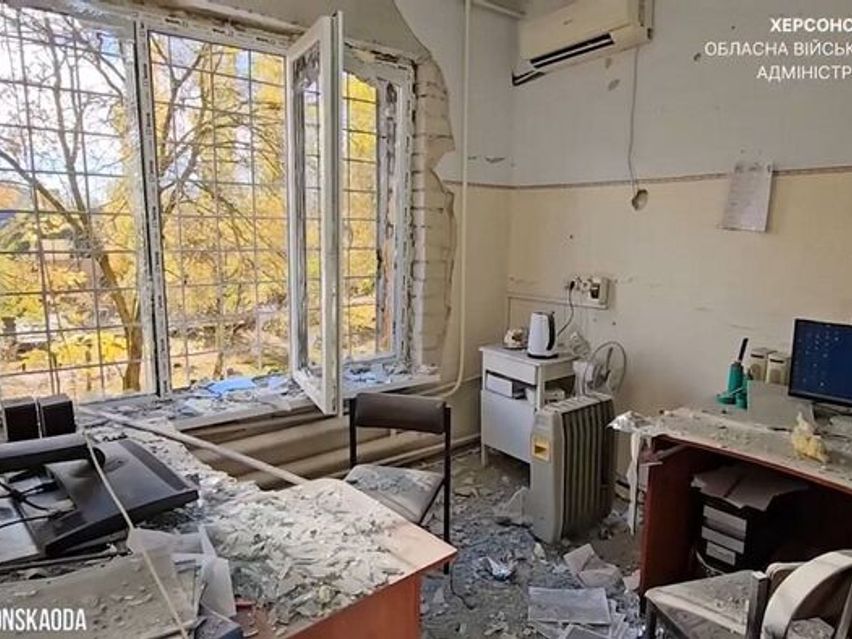





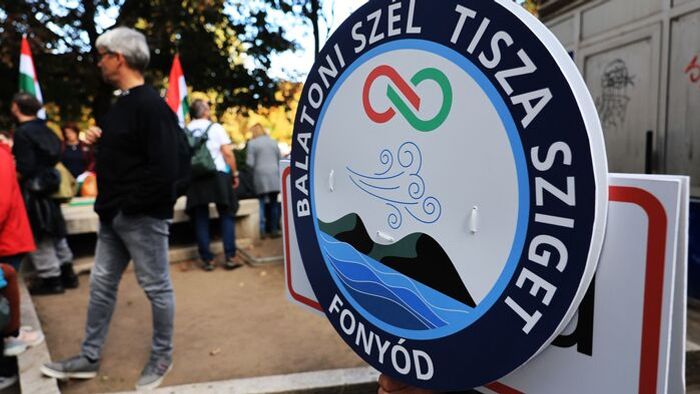

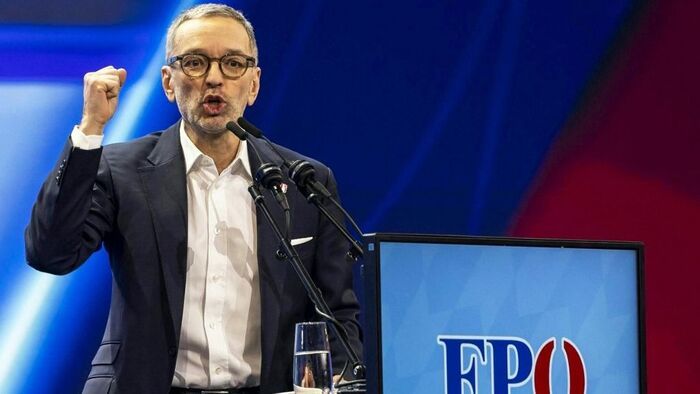

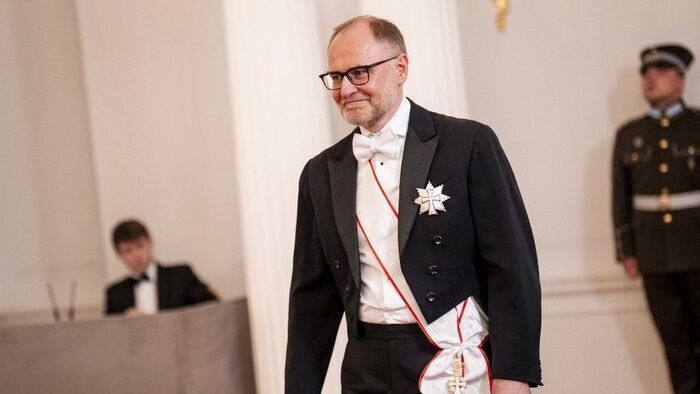





Szóljon hozzá!
Jelenleg csak a hozzászólások egy kis részét látja. Hozzászóláshoz és a további kommentek megtekintéséhez lépjen be, vagy regisztráljon!